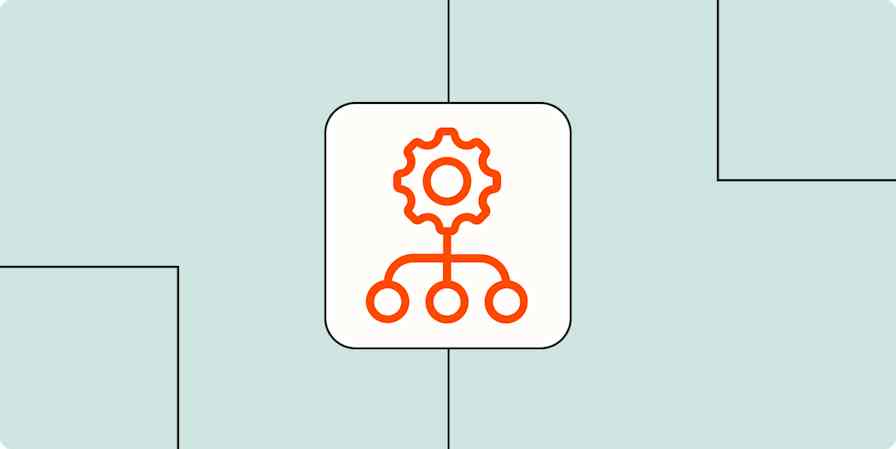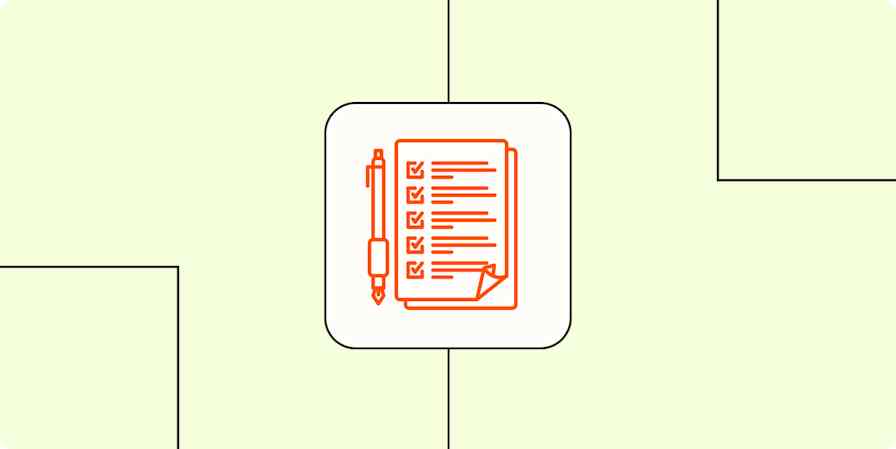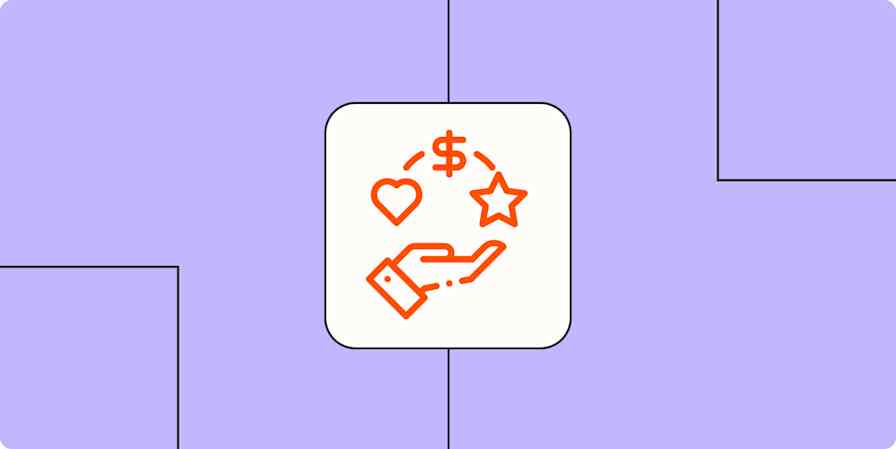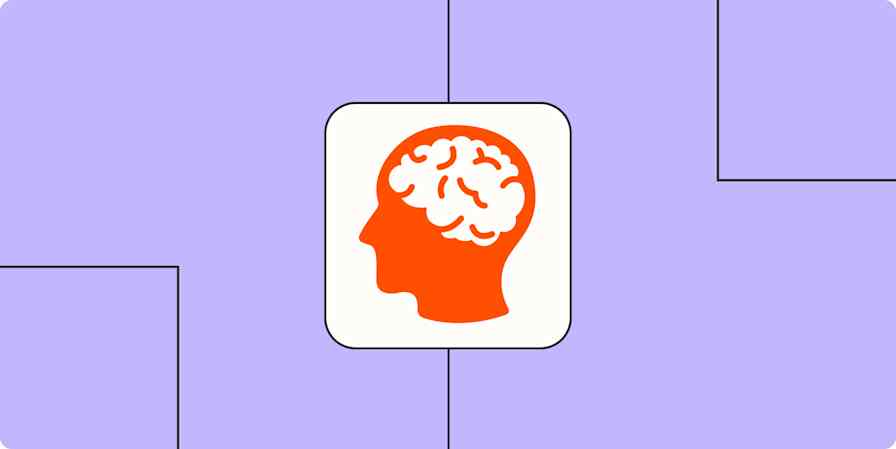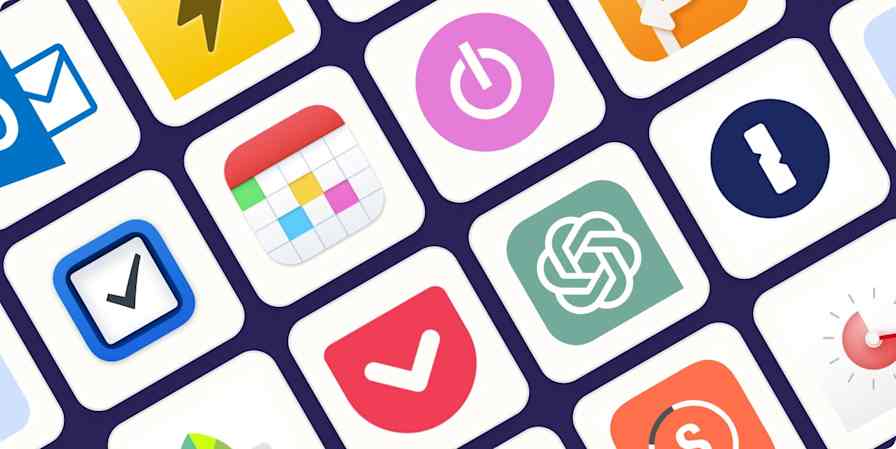Automation inspiration
4 min readCreate an AI digital assistant with Zapier
Kill the admin work and take control of your day.
By Elena Alston · May 9, 2023
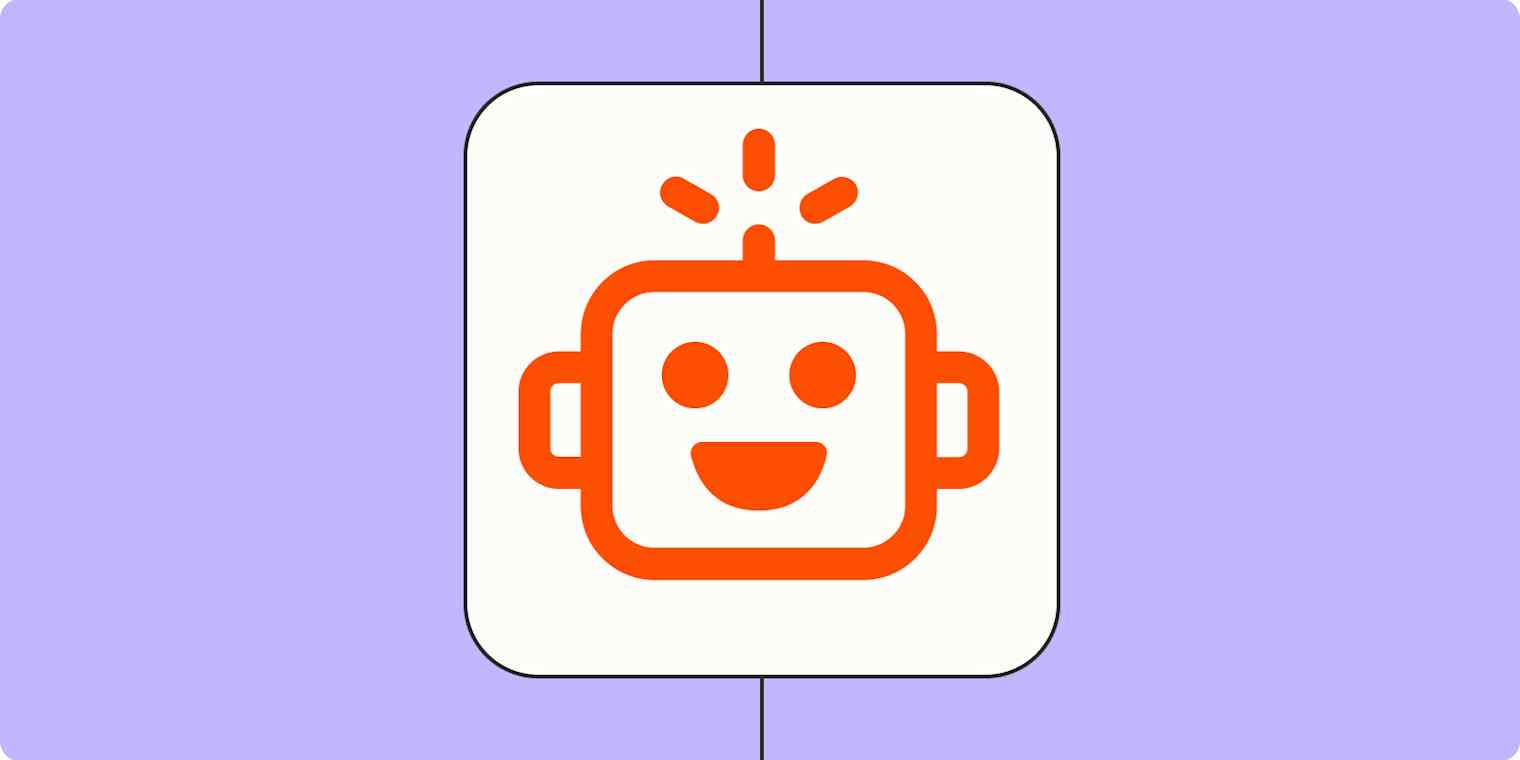
Get productivity tips delivered straight to your inbox
We’ll email you 1-3 times per week—and never share your information.
mentioned apps
Related articles
Improve your productivity automatically. Use Zapier to get your apps working together.

